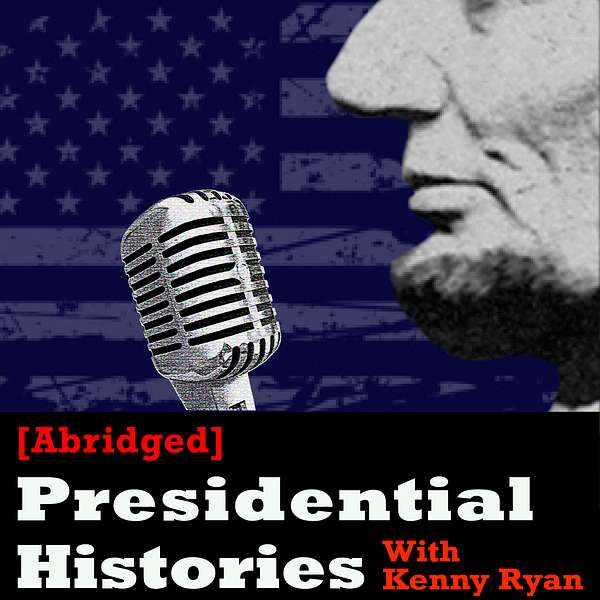
[Abridged] Presidential Histories
From Yorktown to the Civil War, Pearl Harbor to 9/11, Abridged Presidential Histories explores the successes, setbacks, and scandals that define each president’s legacy, and then asks what lessons we can learn from them.
[Abridged] Presidential Histories
34.C) Isolationism v internationalism, Ike & the election of 1952, an interview with Chris Nichols
As the election of 1952 approached, one thing seemed certain - a staunch isolationist, senator Robert Taft, was going to be the GOP's presidential nominee and the next president of the United States. Which was a major concern to anyone who feared the United States retreating back to its borders would invite Soviet conquest in the 50s just as it had invited Nazi conquest in the 30s. And so a plan was hatched to draft Eisenhower, the supreme commander of a fledgling NATO, to defeat Taft at home so the United States could defeat soviet influence abroad. The fate of the GOP, and the world, hung in the balance - would the later half of the 20th century be an isolationist one, or an international one?
Historian Christopher Nichols, who is currently working on a book about the 1952 election, discusses the pivotal race that set the stage for the rest of the Cold War.